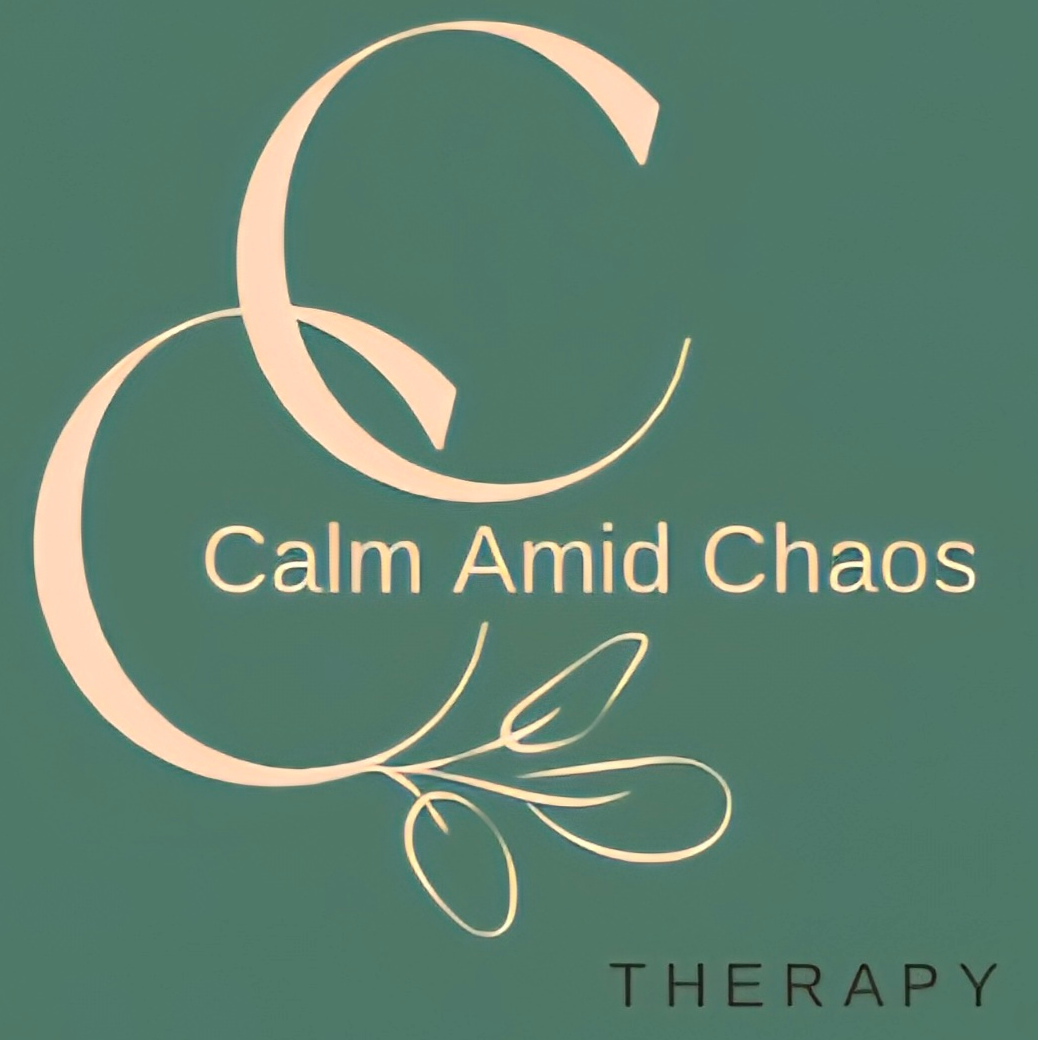The Hidden OCD Symptom No One Talks About (But You’re Probably Doing It)
When most people think of OCD, they picture hand washing, neat rows of shoes lined up or someone checking the oven over and over again.
But OCD doesn’t always look like that. In fact, one of the most common symptoms of OCD is also one of the most misunderstood.
It’s called mental rumination. And if you’re stuck in a loop of overthinking, trying to figure out what your thoughts “mean” or trying to feel certain before you make a decision, there’s a good chance you’re doing it too.
So, what exactly is rumination?
Rumination is the act of going over a thought again and again in your mind.
It can look like:
- Trying to figure out if you really meant something
- Replaying a past conversation to check if you said the “wrong” thing
- Running through every possible outcome of a future decision
- Asking yourself: “What if this thought means something bad about me?”
To the outside world, you look calm. You might even be getting through the day, ticking things off your to-do list. But inside, your mind is working overtime trying to make sense of a thought or get to the bottom of a feeling that just won’t go.
Why is this part of OCD?
OCD is all about doubt, discomfort and the desperate need for certainty.
You get a thought that feels sticky or scary, and your brain says: “Better figure this out. Better be sure.” That’s where the rumination starts. And because it feels mental rather than physical, it often gets missed.
But here’s the key thing:
Rumination is a compulsion.
Just like checking or asking for reassurance, it’s something you do to try and feel safe or certain.
It’s just happening in your head.
“But I’m just trying to solve a problem… right?”
I hear this all the time. And I get it. It really feels like you’re being responsible. Like if you could just land on the right answer or the perfect bit of information, you’d feel better.
But with OCD, there isn’t a right answer.
That’s why you never get the relief you’re chasing. That’s why you end up circling the same thought for hours or days or even weeks.
The real goal of rumination is to get rid of discomfort. But ironically, the more you do it the more it just adds to it.
How do I stop ruminating?
Here’s the tricky bit: the more you try to stop thinking about something, the louder it gets.
So instead of trying to push the thought away or find the answer, try this:
- Notice when you’re ruminating. Catch yourself in the loop.
- Label it. “This is me ruminating. This is my brain trying to get certainty.”
- Gently redirect. You don’t need to argue with the thought or ‘figure it out’. You just need to shift your attention back to the present moment.
It’s not easy. And it takes practice. But it is possible to learn how to step away from the mental rabbit holes and start living your life again.
You’re not broken. You’re just stuck in a cycle.
If you’ve been ruminating for years, it makes total sense. You’ve probably never been told it’s a compulsion. You might have thought it was just you being thorough, careful or kind.
But once you understand what’s happening, you can start to take your power back.
And if you need help with that? That’s exactly what I help people do every day.
Want support breaking free from rumination and OCD?
I work with people online across the UK to help them stop trying to “figure it all out” and start trusting themselves again.
This is possible for you too.
